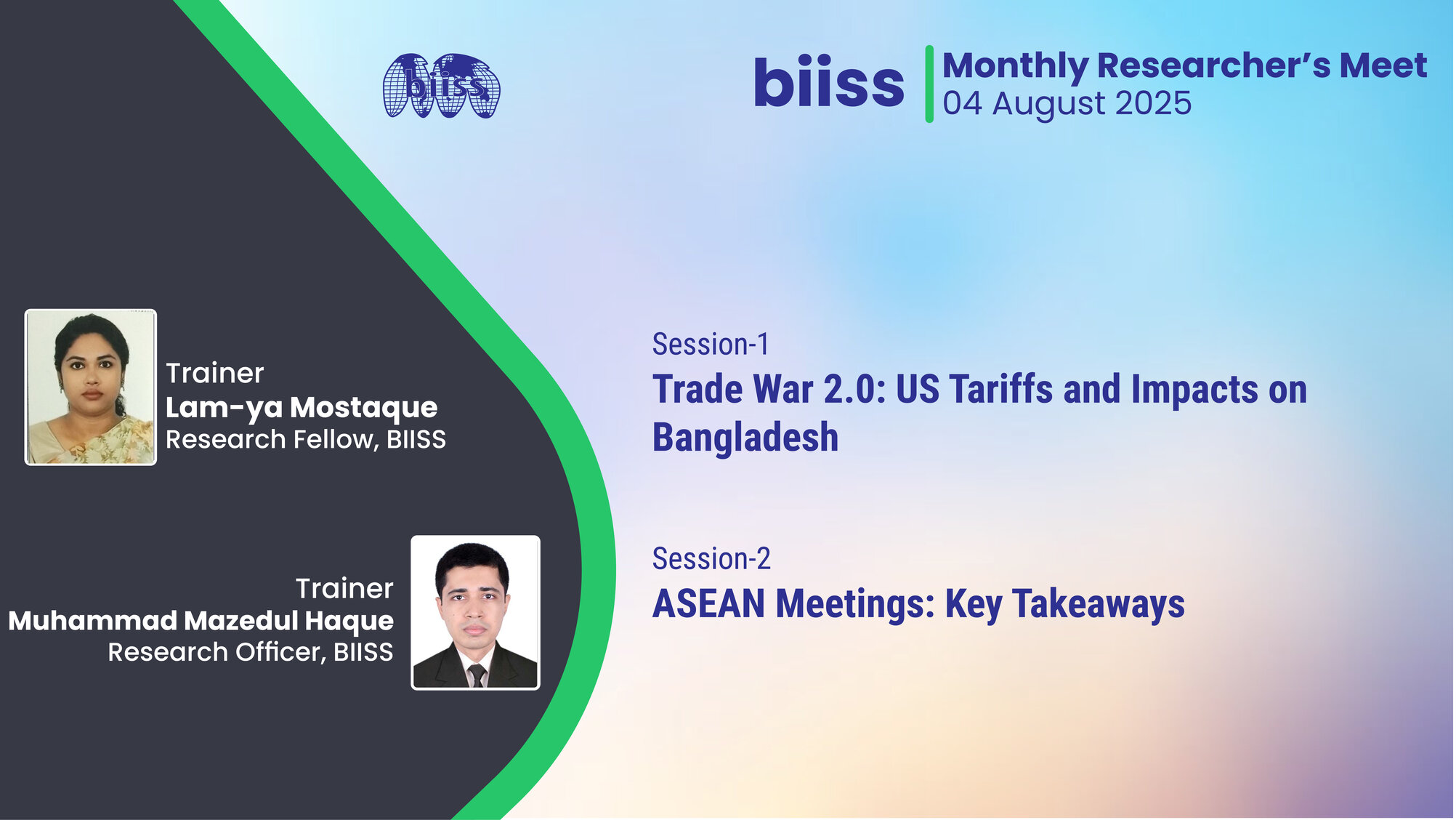
This session explores how technology governance and strategic communication shape national resilience. The first talk reviews data governance across public and private systems. It proposes baseline safeguards for identity management, interoperable registries, and responsible use of machine learning in service delivery. A pragmatic framework is set out for risk assessment, incident reporting, and independent audit, with attention to procurement and lifecycle maintenance. The second talk examines strategic communication during policy change and crisis response. It distills lessons on audience mapping, message discipline, and rumor control, and describes feedback loops that help decision makers correct course quickly. Examples show how clear, timely, and fact based updates can reduce uncertainty for citizens and firms, while poor signaling can amplify stress. The combined discussion focuses on affordable steps that institutions in Bangladesh can adopt now, including capacity building for frontline officers, common templates for data sharing, and rehearsal exercises for emergency messaging. Participants contribute sector specific insights from energy, health, and transport. The meeting closes with an action checklist and a short reading list that connects to international standards and adaptation guides. Through a practical lens, the session demonstrates how better data practice and communication planning can lift trust, reduce risks, and improve delivery without heavy costs.
